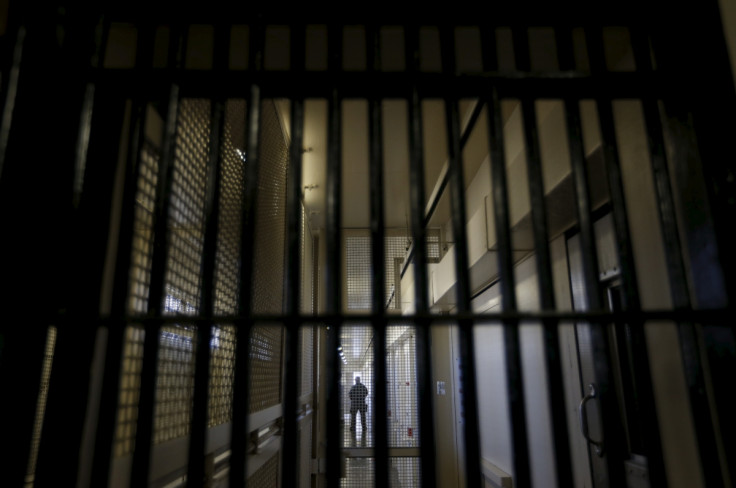Youth sharing crimes on social media could face harsher punishments

Underage criminals in England and Wales could face stricter sentences if they document crimes and post them on social media, according to draft guidelines issued by the Sentencing Council. The guidelines also state that sharing pictures and videos of crime to dishonour victims will be considered a serious offence.
The proposal follows the murder of Angela Wrightson, 39, by two teenage girls at her home in Hartlepool, where the girls tortured her and left her to die. They also shared the photo of the crime on Snapchat and on Facebook.
"The recording and sharing of photographs and video footage has become increasingly common. This sort of behaviour is often used to embarrass or humiliate the victim, and in some cases may be used as some form of blackmail," the Sentencing Council notes.
According to the proposed guidelines, the main purpose of the youth justice system "is to foster a sense of responsibility for others and promote reintegration into society, rather than to punish". The 90-page document outlining guidelines to magistrates and judges also emphasises the need to "avoid criminalising young people unnecessarily".
The guidelines state: "Unstable upbringing including, but not limited to, time spent [being] 'looked after', exposure to drug and alcohol abuse, lack of attendance at school, lack of familial presence or support, victim of neglect and /or abuse, exposure to familial criminal behaviour," are all considered to be justifying factors while ruling on a case and handing down a sentence.
Through these new guidelines,"we want to ensure that young people who have committed offences are sentenced fairly and proportionately, with the primary aim of stopping them reoffending. These guidelines will help achieve this," Lord Justice Treacy, chairman of the Sentencing Council, told the Guardian, adding: "This consultation is open to anyone who would like to give their views on our proposals, from the general principles for sentencing youths to specific aggravating and mitigating factors."
The Sentencing Council's proposals will cover courts in England and Wales, and the consultation will close on 3 August.
"This is a consultation by the independent Sentencing Council and no decisions have been made," a Ministry of Justice spokesperson said and added: "The Justice Secretary has been clear the youth justice system needs improvement and commissioned [child behavioural expert] Charlie Taylor to undertake a review, which will be published later this year."
© Copyright IBTimes 2025. All rights reserved.



















